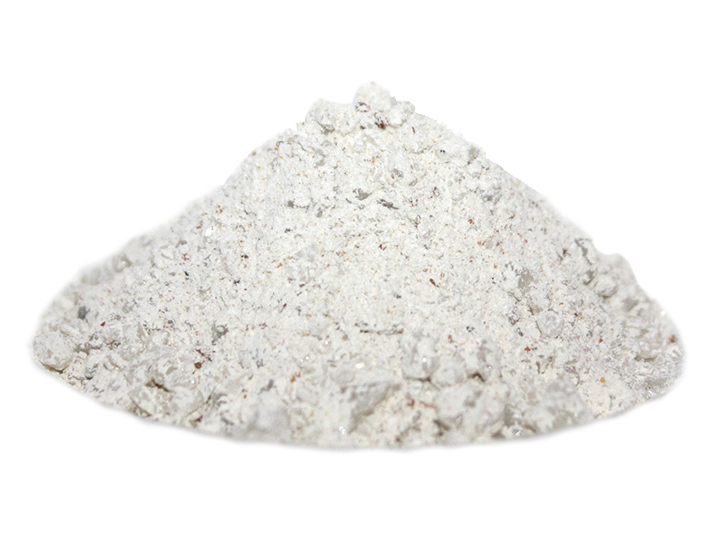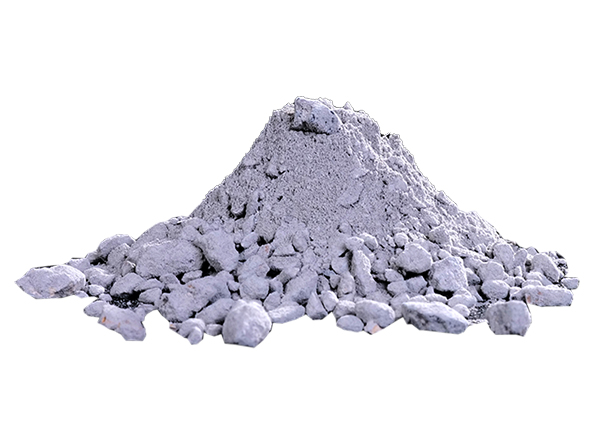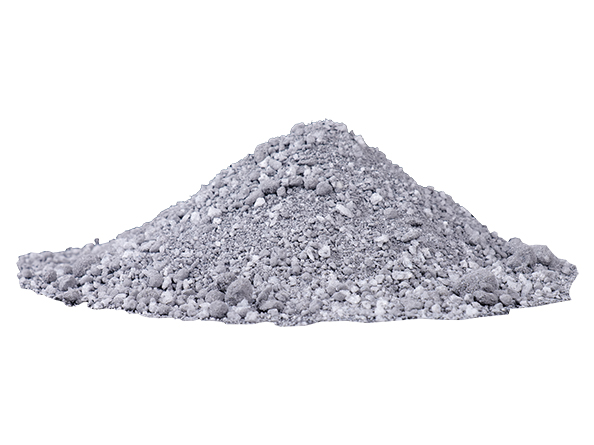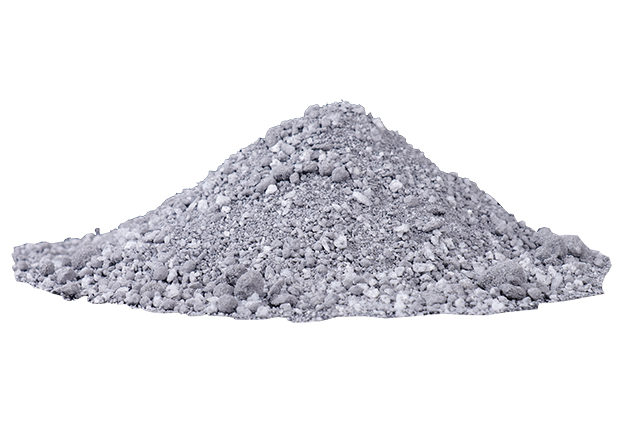Brief Description
Ramming mass is granule or powder shape material made from refractory raw material, usually, there are some proportion of binder, after rational gradation and tempering, loose amorphous ramming mass is produced. It is similar to dry-hardened castable, but some ramming mass doesn’t have self-setting binder, so fierce ramming should be applied during construction, that’s why it is called ramming mass.
Ramming Mass can be classified into high alumina, corundum, silica, magnesia, chromite, zirconia, carborundum plastic refractory, etc

Corundum Ramming Material For Sale

Drying Ramming Mass For Sale

High Alumina Ramming Mass For Sale
Composition
Granule and power material account for a high ratio in ramming mass, while the ratio of binder and other ingredients have a low ratio, it is even all composed by granules and powder materials.
Composition
| Name | Composition | Application | Note |
| Silica ramming mass | Al2O3: 0.8%, SiO2: 98.5%, Fe2O3: 0.1%, CaO+MgO: 0.2% Thermal conductivity(1000°C): 1.87 0.5% boric acid—-1650°C, 1.0% boric acid—1550°C 1.5 boric acid—-1450°C | Mainly used for working furnace of coreless induction furnace for melting, insulation, cast iron, cast steel. | (mass ratio) |
| Carbon packing material | Metallurgical coke powder(less than 4mm) 80%
Dehydrated coal tar 15% Coal pitch 5% |
The gap between blast furnace base clay brick masonry and furnace shell, blast furnace hearth, the gap between furnace hearth clay brick or high alumina masonry and surrounding cooling wall | Volume ratio |
| Carbon ramming mass | Metallurgical coke powder(less than 4mm) 85%
Dehydrated coal tar 5% Coal pitch 10% |
Blast furnace lining | (mass ratio) |
| Magnesia ramming mass | Magnesia sand (granularity ≤5mm) 85% dehydrated coal tar 15% |
Lateral lifting open hearth furnace bottom | (Volume ratio) |
| Magnesia ramming mass | Magnesia sand 89%~91.5% dehydrated coal tar 7%~9% coal pitch 1.5%~2% |
Electric furnace bottom | (mass ratio) |
| Magnesia ramming mass | Magnesia sand 89% iron oxide powder 2% dehydrated coal tar 9% |
Electric furnace bottom and ramp | Mass ratio |
| Chrome plastic refractory | Chromite 97% binding clay 3% water glass 7% |
Soaking pit hearth central part, burner nozzle surrounding | (mass ratio) |
| Magnesia ramming mass | Magnesia sand 50% clay refractory mortar 30% laterite 5% coke powder 5%Iron oxide powder 10%Brine (for extra addition) |
Soaking pit hearth central part, burner nozzle surrounding | (mass ratio) |
| Chrome oxide ramming mass | Chromite (granularity ≤3mm) 90%
Iron oxide (granularity ≤3mm) 5% |
Circular heating furnace bottom | (volume ratio) chromite ingredient requirement: Cr2O3>35% |
Properties and Applications
Compared with other same material amorphous refractory, ramming mass appears dry or semi dry loose shape, most of ramming masses don’t have cohesiveness before forming, so strong ramming is needed to get compact structure. Most ramming mass has low cold strength before sintering, middle temperature strength of some ramming mass is also not high, only when it is heated to sintering temperature, or the carbon containing compounds are coked, the ramming mass can obtain strong bonding and get high strength.
Ramming mass are mainly used as lining material of various smelting furnaces which directly contacts with molten furnace load. Besides constructing integral furnace lining, ramming mass can also be used for manufacturing large size refractory products.
If you have more questions, welcome to contact us by Whatsapp/Wechat:+ 0086 13027611300

